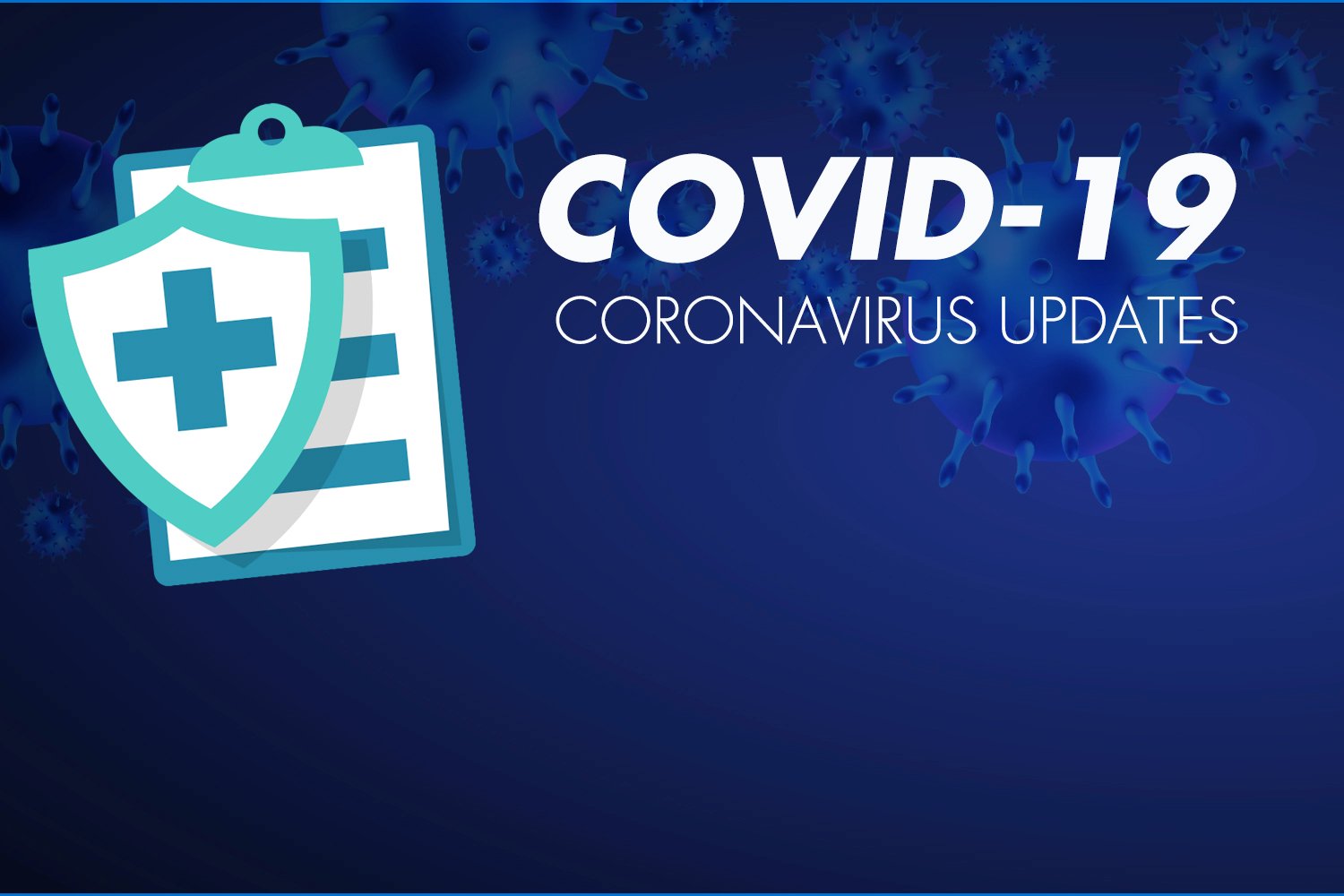COVID-19
Did you know.....the difference between
- Universal Masking and Mask used as PPE
- Extended use and re-use of PPE
Please see document below:
Symptoms commonly associated with COVID-19:
Extracted from Ministry of Health (May 25, 2020)
Common symptoms of COVID-19 include:
- Fever (temperature of 37.8 C or greater)
- New or worsening cough
- Shortness of breath (dyspnea)
Other symptoms of COVID-19 can include:
- Sore throat
- Difficulty swallowing
- New olfactory or taste disorder(s)
- Nausea/ vomiting, diarrhea, abdominal pain
- Runny nose, sneezing or nasal congestion - in absence of underlying reason for these symptoms such as seasonal allergies, post nasal drip, etc.
Other signs of COVID-19 can include:
- Clinical or radiological evidence of pneumonia
Atypical symptoms /signs of COVID-19 should be considered, particularly in children, older persons, and people living with a developmental disability.
- unexplained fatigue/ malaise/ myalgias
- Delirium (acutely altered mental status and inattention)
- Unexplained or increased number of falls
- Acute functional decline
- Excerbation of chronic conditions
- Chills
- Headached
- Croup
- Conjunctivitis
- Multisystem inflammatory vasculitis in children
- Presentation may include persistent fever, abdominal pain, conjunctivitis,
gastrointestinal symptoms (nausea, vomiting and diarrhea) and rash
Atypical signs can include:
- Unexplained tachycardia, including age specific tachycardia for children
- Decrease in blood pressure
- Unexplained hypoxia (even if mild ie. O2 sat < 90%)
- Lethargy, difficulty feeding in infants (if no other diagnosis)
Please see document below
OPSEU stays on the job during COVID-19 crisis
Ministry of Health Guidance document for
Mental Health and Addictions Service Providers in Community Settings

OPSEU to provide financial support to eligible members
Vacation, schedule, assignment, bargaining unit work
As per the Ontario Regulation 74/20, an Order made under subsection 7.0.2 (4) of the Emergency Management and Civil Protection Act:
The Employer are authorized to take, with respect to work deployment and staffing, any reasonably necessary measure to respond to, prevent and alleviate the outbreak of the coronavirus (COVID-19) for patients.
Below are some of the points extracted from the Regulation (Please refer to the Regulation for details):
- Redeploying staff within different locations in (or between) facilities of the health service provider.
- Redeploying staff to provide assistance within a long-term care home
- Changing the assignment of work, including assigning non-bargaining unit employees or contractors to perform bargaining unit work.
- Changing the scheduling of work or shift assignments.
- Deferring or cancelling vacations, absences or other leaves, regardless of whether such vacations, absences or leaves are established by statute, regulation, agreement or otherwise.
- Employing extra part-time or temporary staff or contractors, including for the purposes of performing bargaining unit work.
- Using volunteers to perform work, including to perform bargaining unit work
- Providing appropriate training or education as needed to staff and volunteers to achieve the purposes of a redeployment plan.
NB. The order is revoked on June 19, 2020, unless it is extended.



